Paths with Purpose
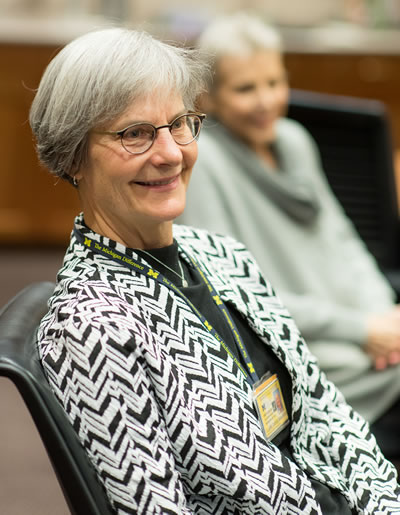
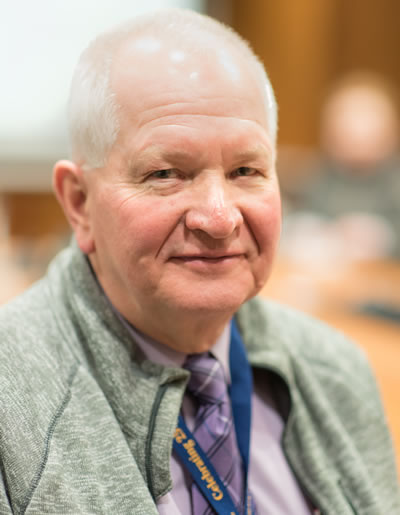
Group finds meaning amid the complex journey through late-stage cancer
Pam Roselle, 65, is learning to speak Mandarin. Her son lives in Shanghai and is engaged. Roselle wants to be prepared for a meaningful introduction to her future daughter-in-law’s parents this summer.
Trisha Goodridge, 54, bought a 1964 Ford Galaxy and is planning a Route 66 road trip with friends. Her car is teal, the color of the ribbon for ovarian cancer, which Goodridge has been treated for since her diagnosis two and a half years ago.
Amanda Buehler, 40, jokes that she is a “1 percenter,” not the kind who makes all the money, but rather the one who manages to defy the odds when it comes to statistics. She is retired from her job at a large architectural firm and glad to be back in Ann Arbor among friends who understand what it is like to live with late-stage cancer.
It’s not a support group, exactly. It’s more than that.
These are graduates of the Meaning-Centered Psychotherapy Group for Persons Living With Advanced Cancer. The group provides support, yes, but also encourages participants to take a deeper look at finding meaning in life regardless of one’s situation.
Claire Casselman, LMSW, facilitates the group, which has gone through five cohorts over the past year and a half. Participants are asked to commit to eight weekly 90-minute sessions. Graduates of the group often return to continue their exploration and meet new people from other cohorts.
“Participants consistently comment on the sense of freedom in coming together with others to share some of their fears, strong emotions and worries. Often, people with cancer feel the need to shelter their loved ones and friends from their deep or dark thoughts or feelings,” Casselman says. “Time and time again I’ve seen that people come ready to talk, ready to not only tell their stories, but to listen to others’ stories with curiosity, compassion and rich observation.”
Meaning-centered therapy is based on a model developed by William S. Breibart, M.D., from Memorial Sloan-Kettering Cancer Center in New York. It was brought to the Rogel Cancer Center after a financial gift from a patient and his wife, who wanted the funds to identify distress levels in patients, provide opportunities to explore those feelings and create meaningful interactions in a therapeutic way.
Casselman says group members share and laugh a lot. Consensus has been that it’s empowering for patients to be in the room with others who “get it.”
“As a society, we really don’t make dying a transition for people,” says Goodridge. “Your whole life you’re being transitioned from one thing to the next, but you don’t talk about death.”
Anyone being treated or followed at the Rogel Cancer Center for a stage 3 or 4 cancer diagnosis can consider the group. Call Claire Casselman at 734-232-6366 or email [email protected] to learn more.
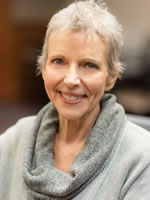
I celebrated this last holiday in
Houston with my son and his family.
It was great. I appreciate every day.
Here we are. |
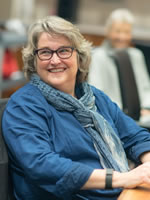
I’m always in a waiting game with
this cancer. I get scans every 12
weeks. I have treatment in between.
Then I wait some more. |
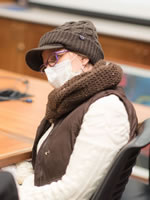
I had to dive in and get comfortable
with my own mortality. If you don’t
face that head on, you have a huge
fear and it’s a hurdle. The fear of
mortality will keep you from living a
life that is full. |
